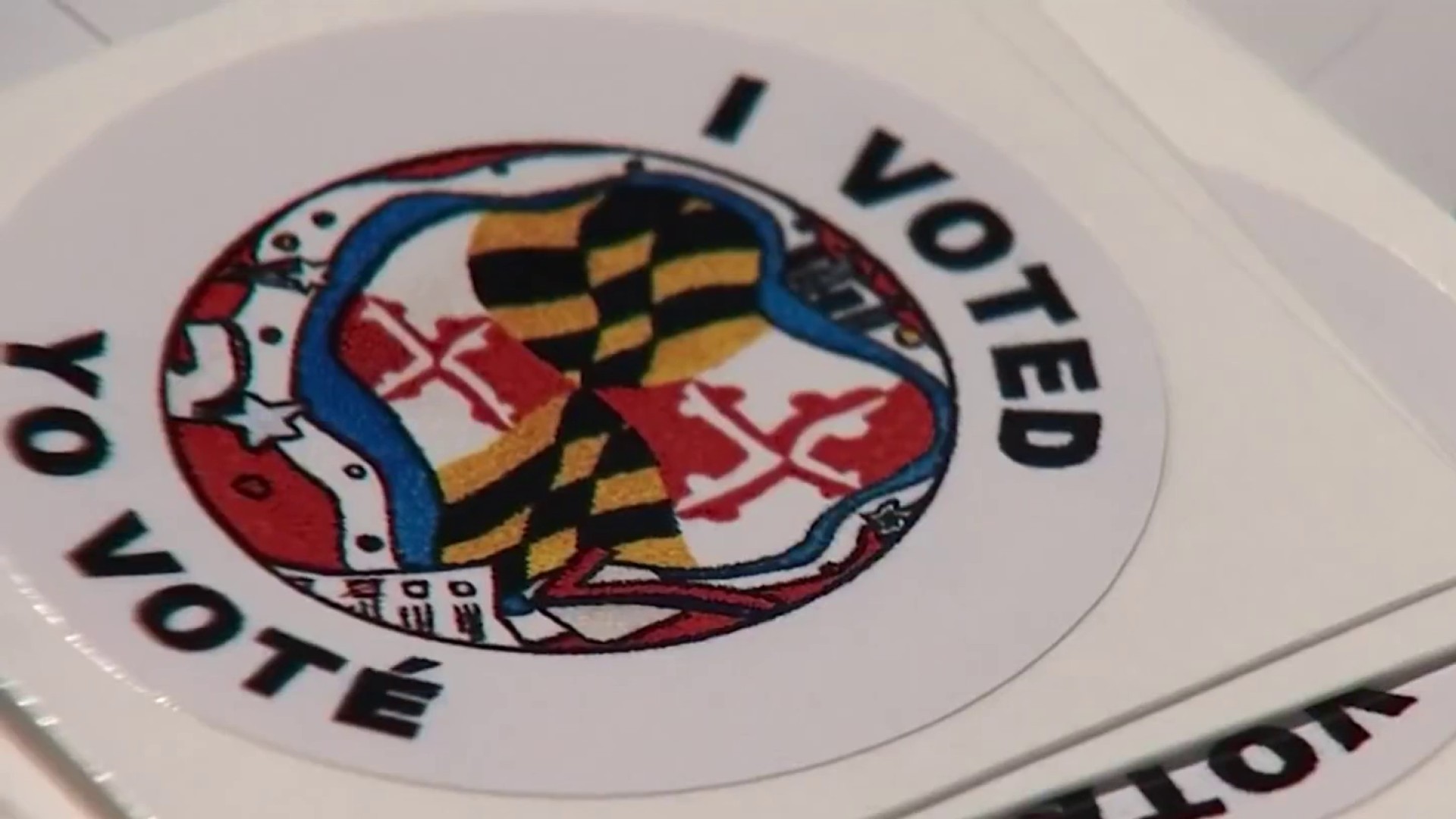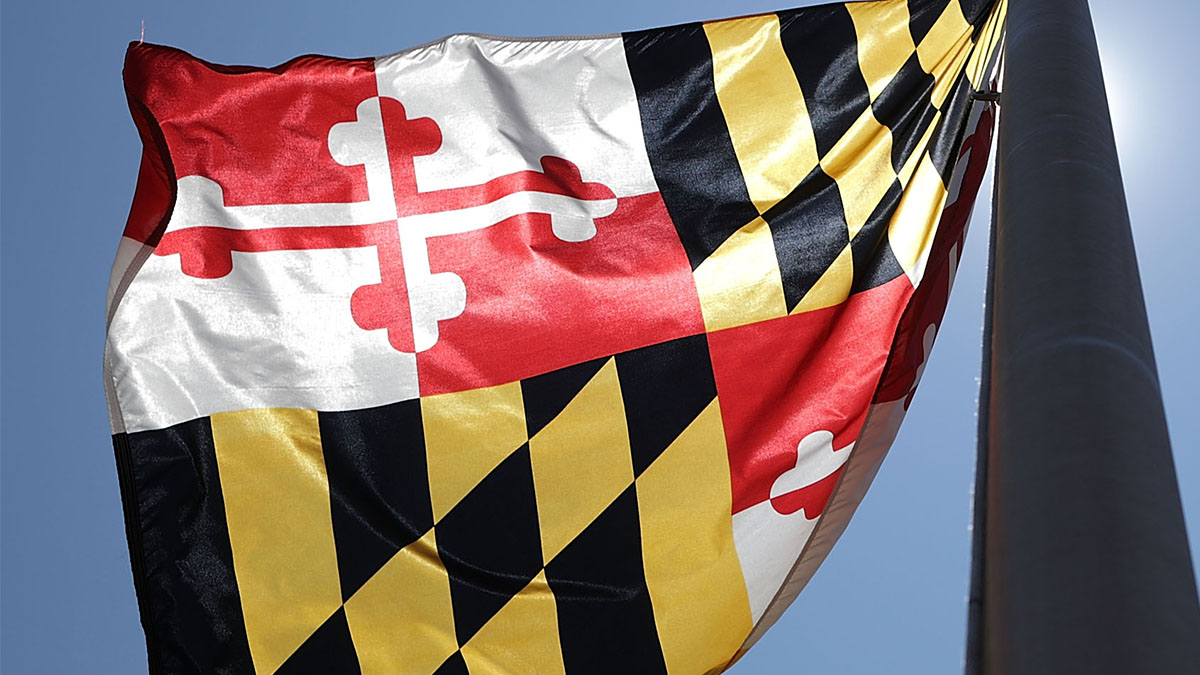Results in some Maryland primary races are still too close to call, but there will be a clearer picture once officials begin counting mail-in ballots.
Election officials began counting an estimated 500,000 mail-in ballots at 10 a.m. Thursday. The process could take days or even weeks.
Updated results will be posted on the State Board of Elections website at the end of each counting day. Any ballots postmarked by July 19 will be counted if they arrive by the end of July 29, officials said.
We've got the news you need to know to start your day. Sign up for the First & 4Most morning newsletter — delivered to your inbox daily. >Sign up here.
The State Board of Elections plans to certify the election and make results final the week of Aug. 8.
Those votes could make a huge difference for some big races that are still up in the air.
No clear winner has been named in the Democratic primary for governor. Author Wes Moore, had an early lead Tuesday night, followed by former U.S. labor secretary and former Democratic Party chair Tom Perez and comptroller Peter Franchot. Dan Cox is the projected Republican nominee, but Kelly Shultz who was endorsed by Gov. Larry Hogan has not conceded.
The race for Montgomery County executive is hotly contested. Early results show businessman David Blair with a slight lead over incumbent Marc Elrich.
“Candidates in other races who are currently sitting second or third might say, ‘let’s pump the breaks. Let’s not rush. Let’s let the system play out. Let’s let all the votes be counted before we declare winners or concede defeat,” said Bruce Depuyt, a reporter with Maryland Matters.
You can see detailed results in top Maryland primary races here.
Why Weren’t Mail-in Ballots Counted on Primary Election Day?
A Maryland law halts the counting of mail-in ballots until the Thursday after election day.
In 2020, the governor allowed for mail-in ballots to be counted before the election. But Hogan vetoed a bill that would have allowed election workers to do the same for this year’s primary.
On the ballot bill, Hogan said the measure did not address election security concerns as more people in Maryland are voting by mail, the Associated Press reported.
“While this legislation allows a voter to provide a missing signature by one of several ways — including in person, mail, email and text — it remains silent on basic security measures such as signature verification — with Maryland being one of only nine states that does not conduct signature verification — and does nothing to address ballot collection,” Hogan wrote in his veto letter.




